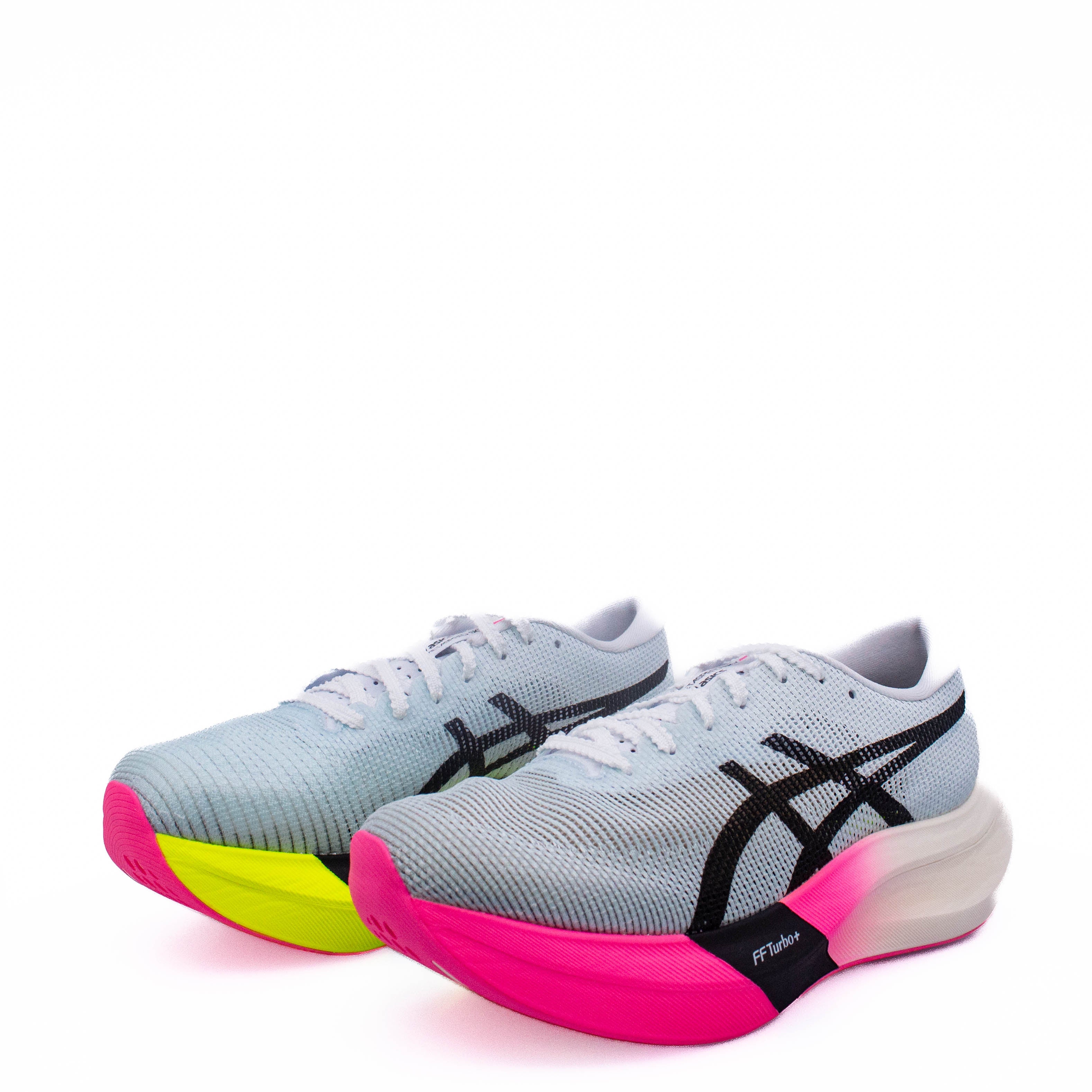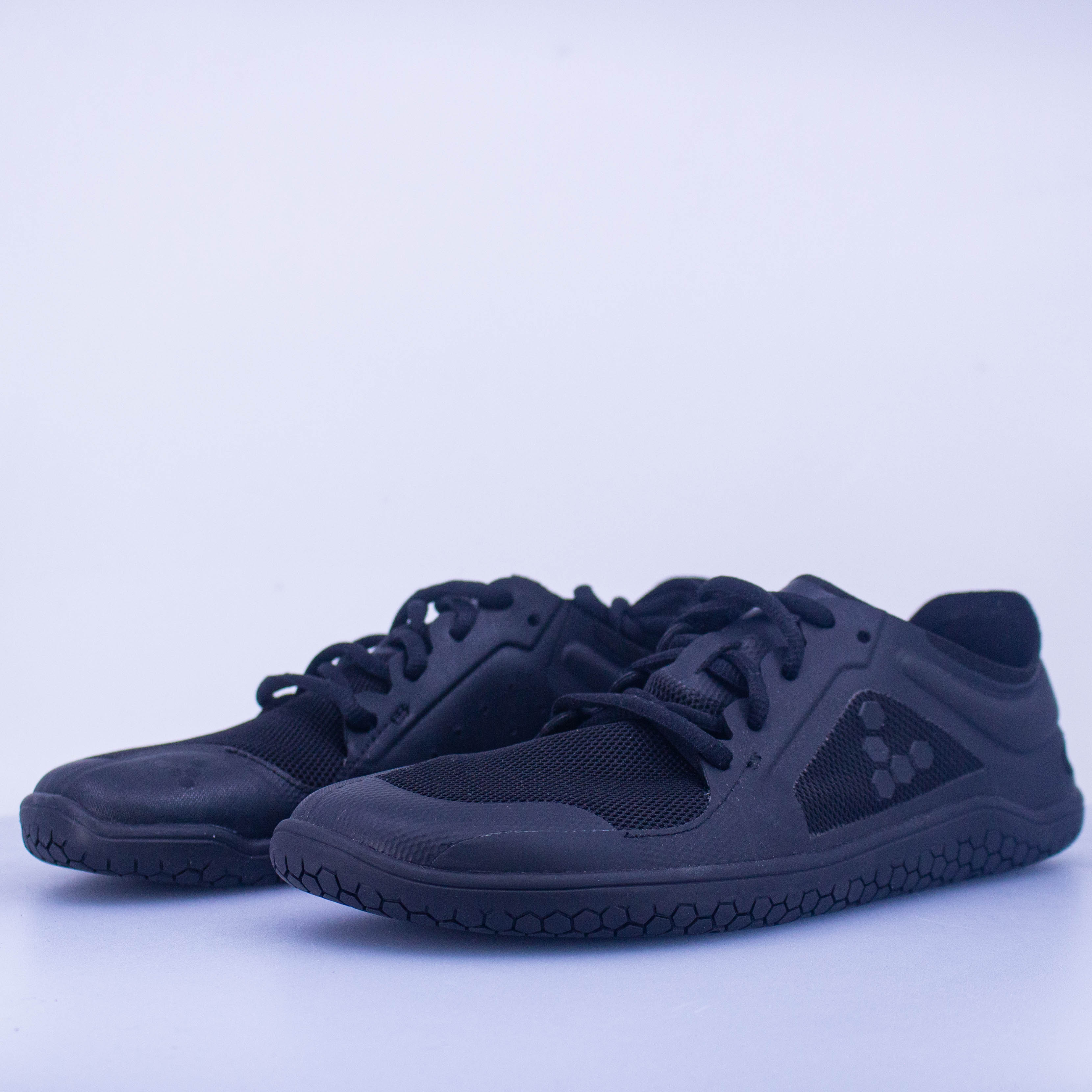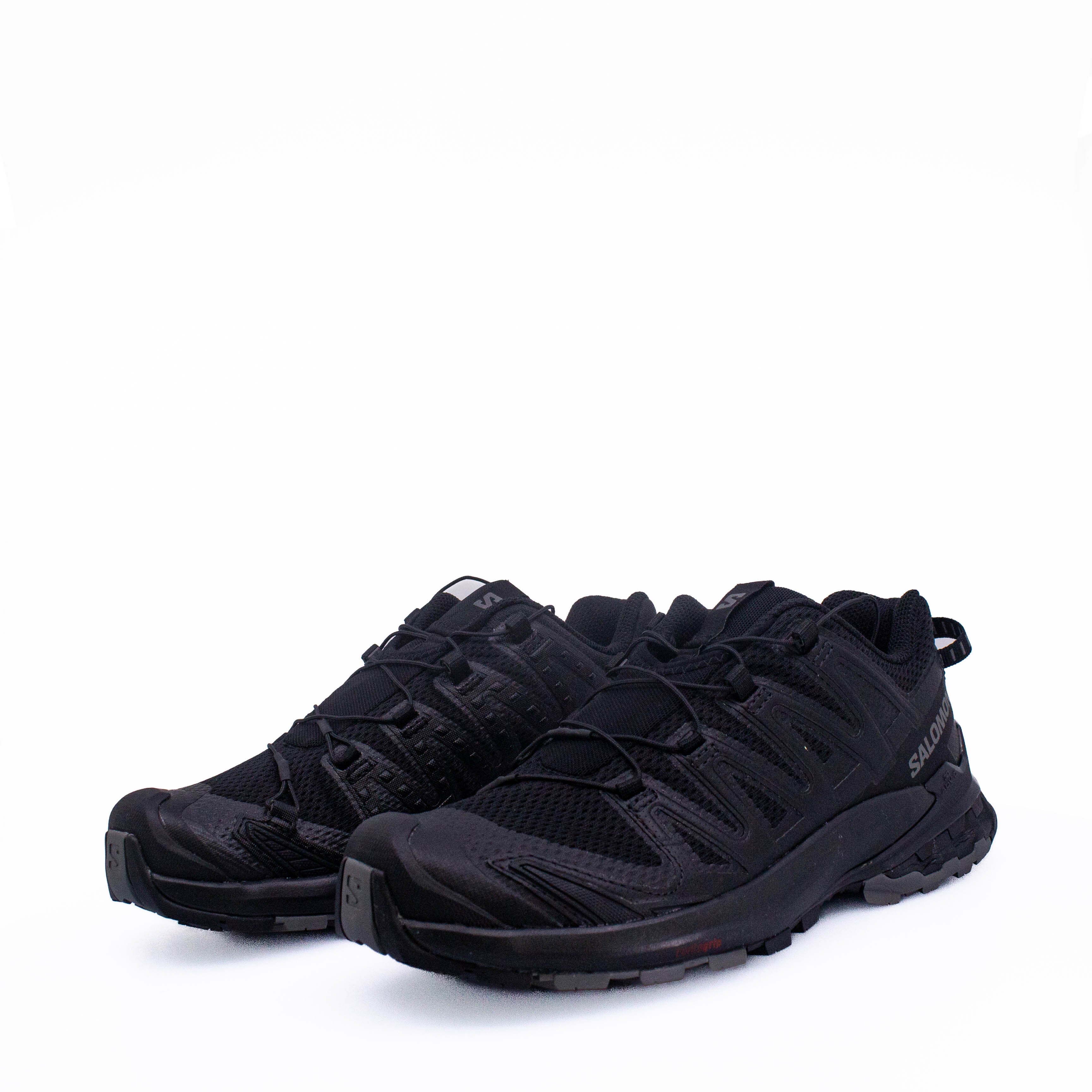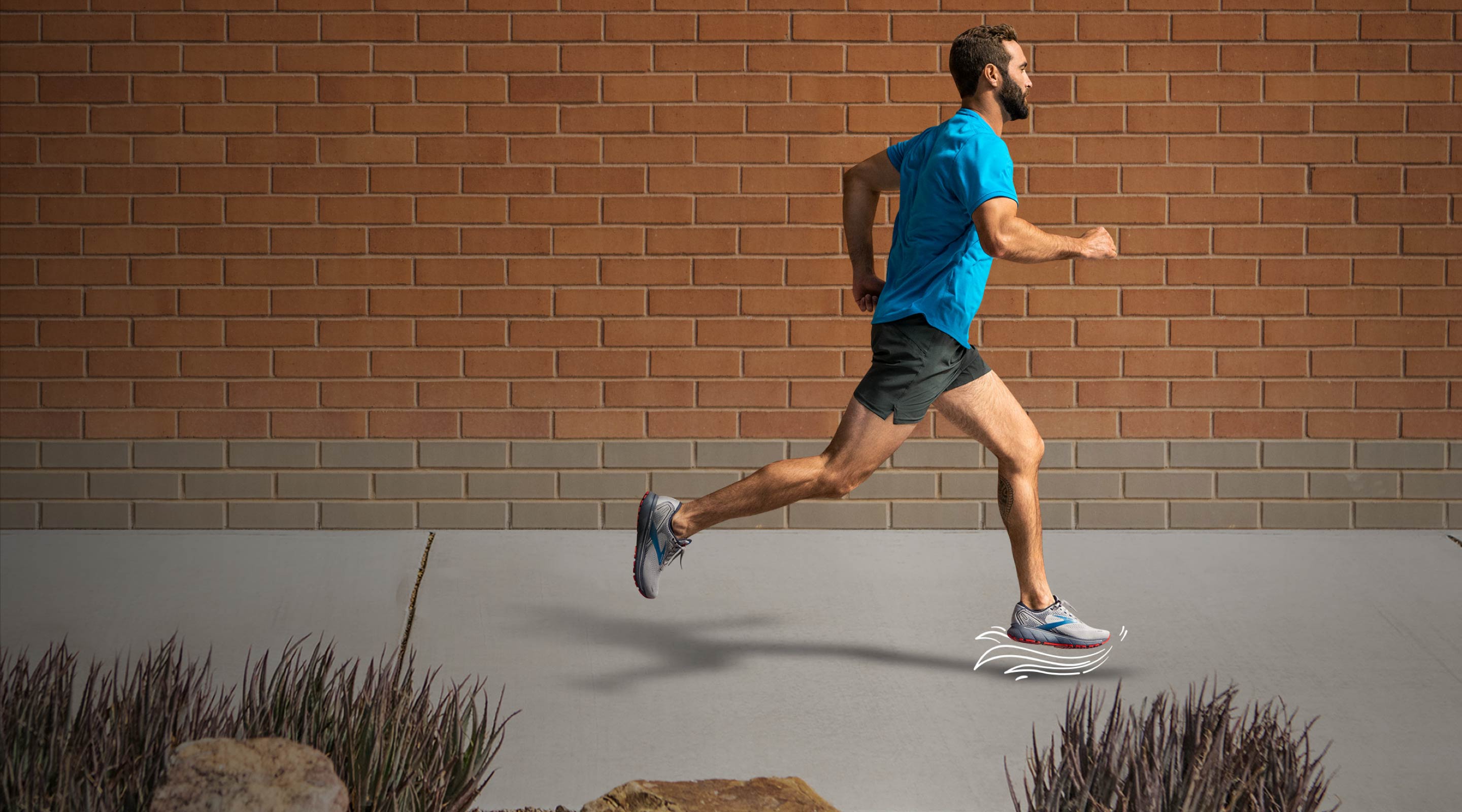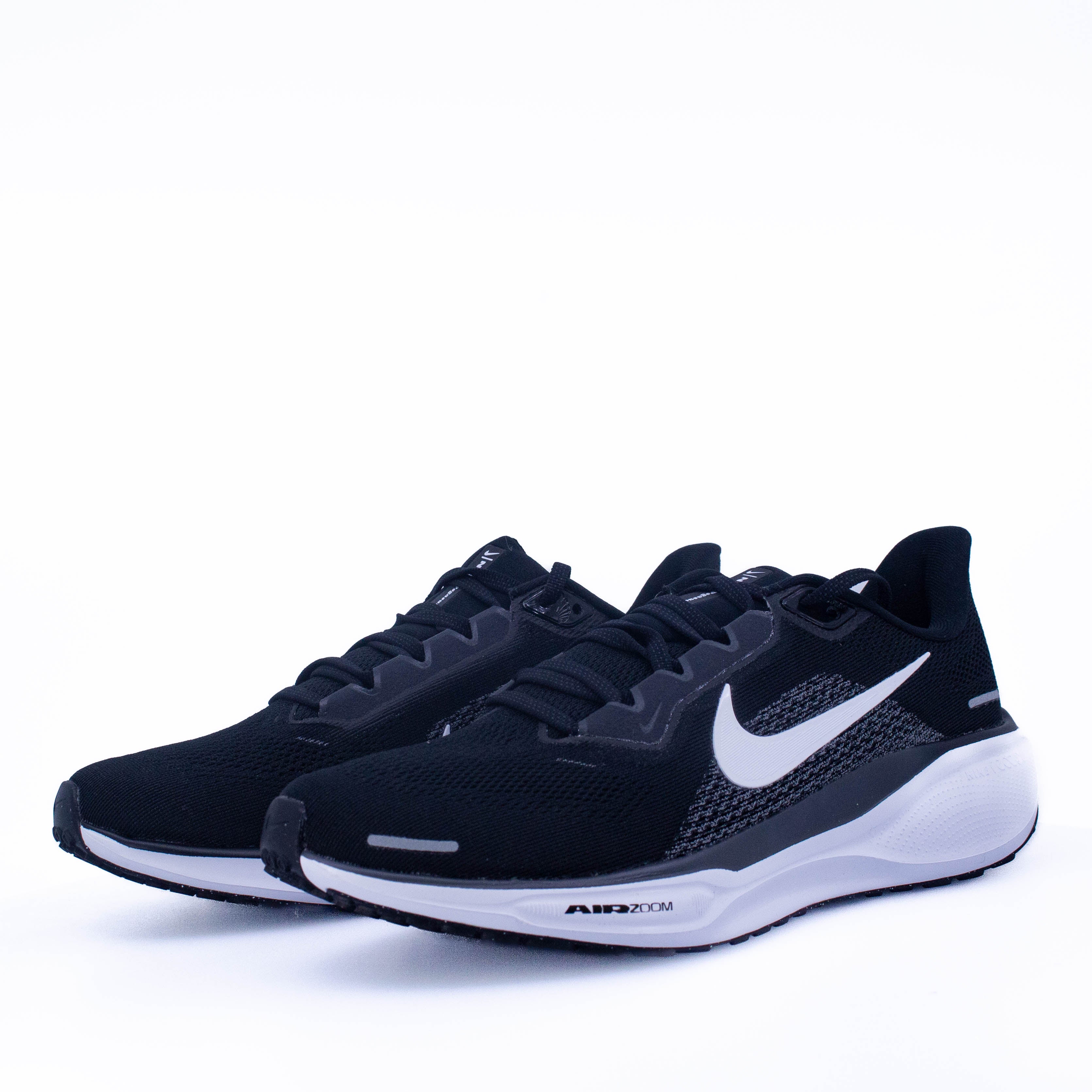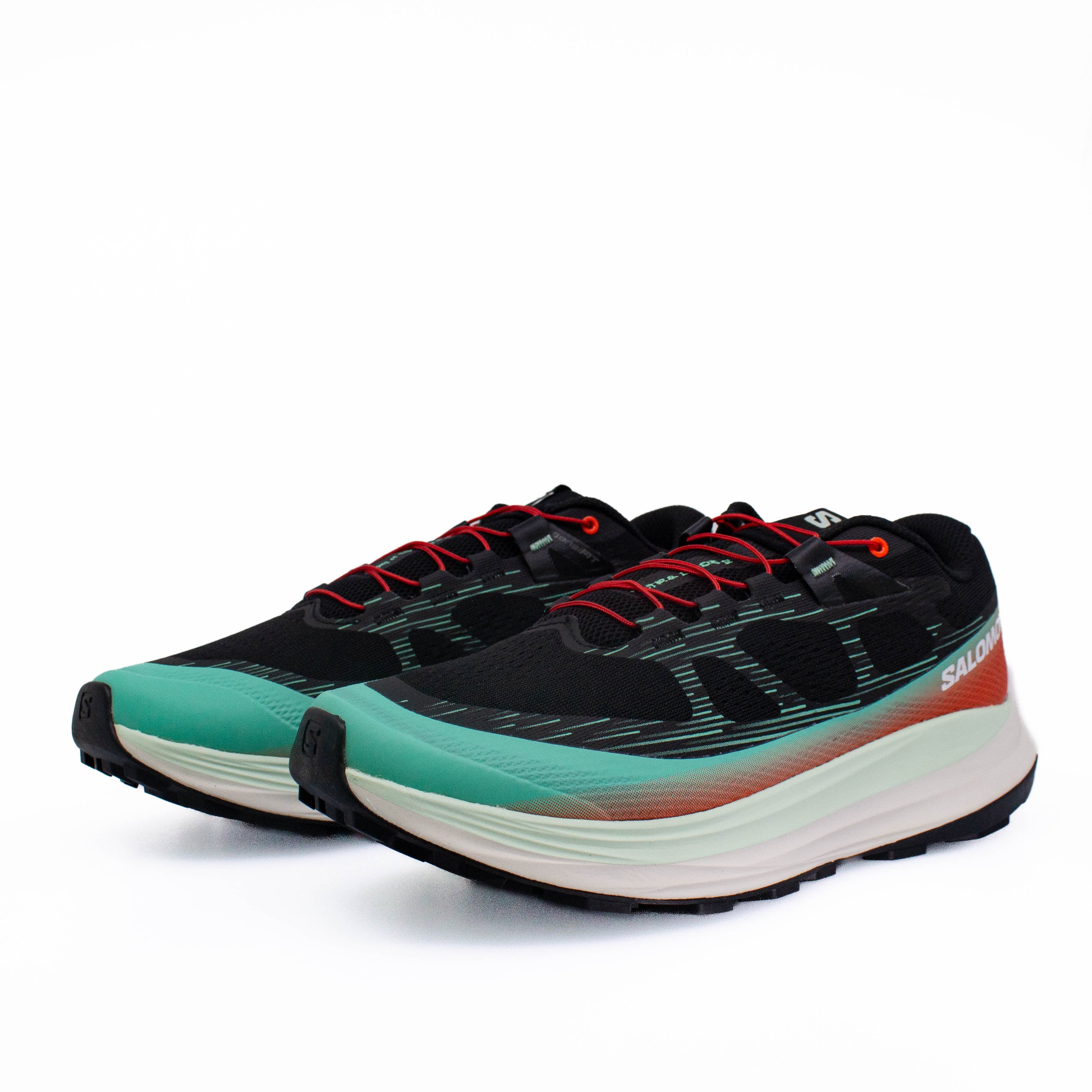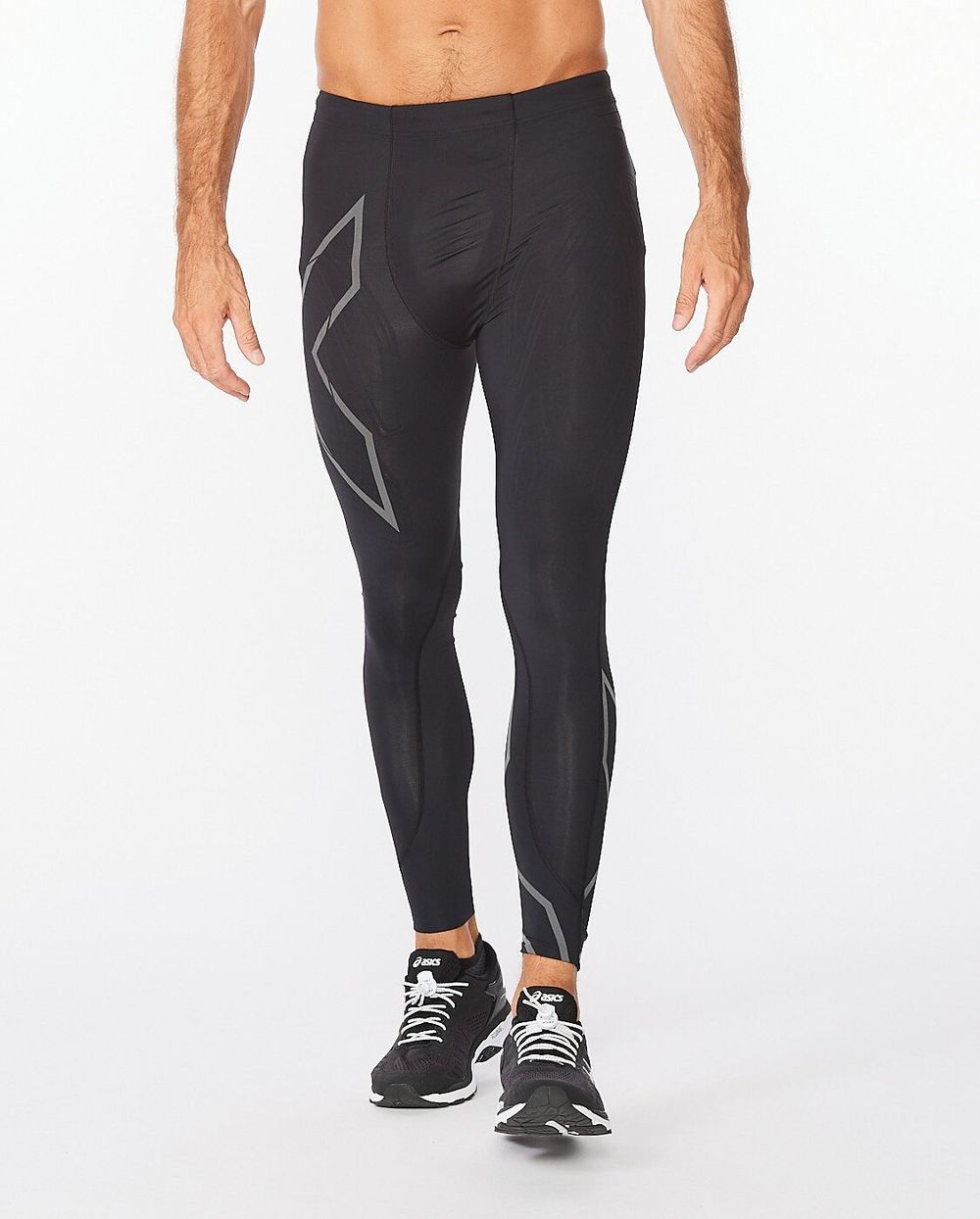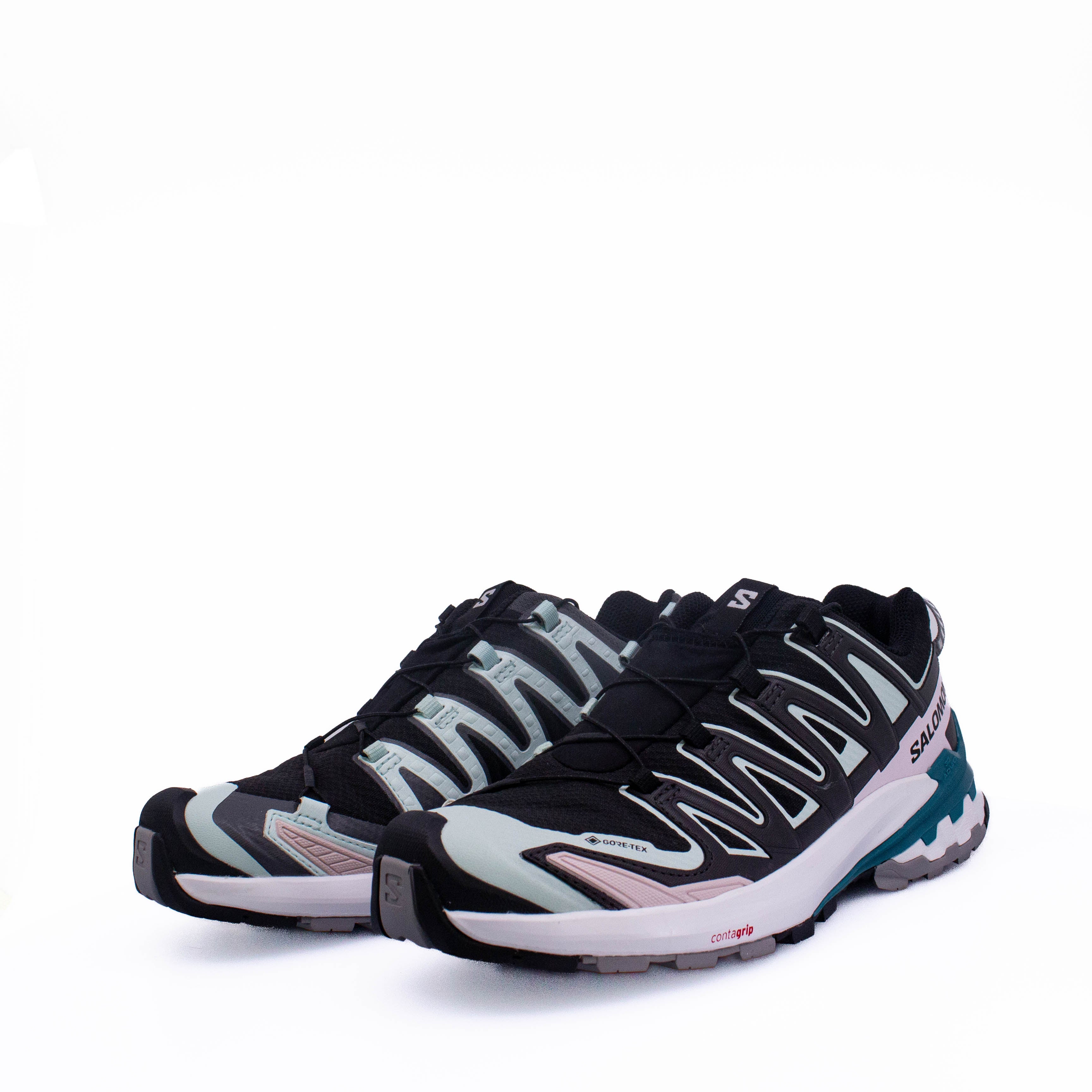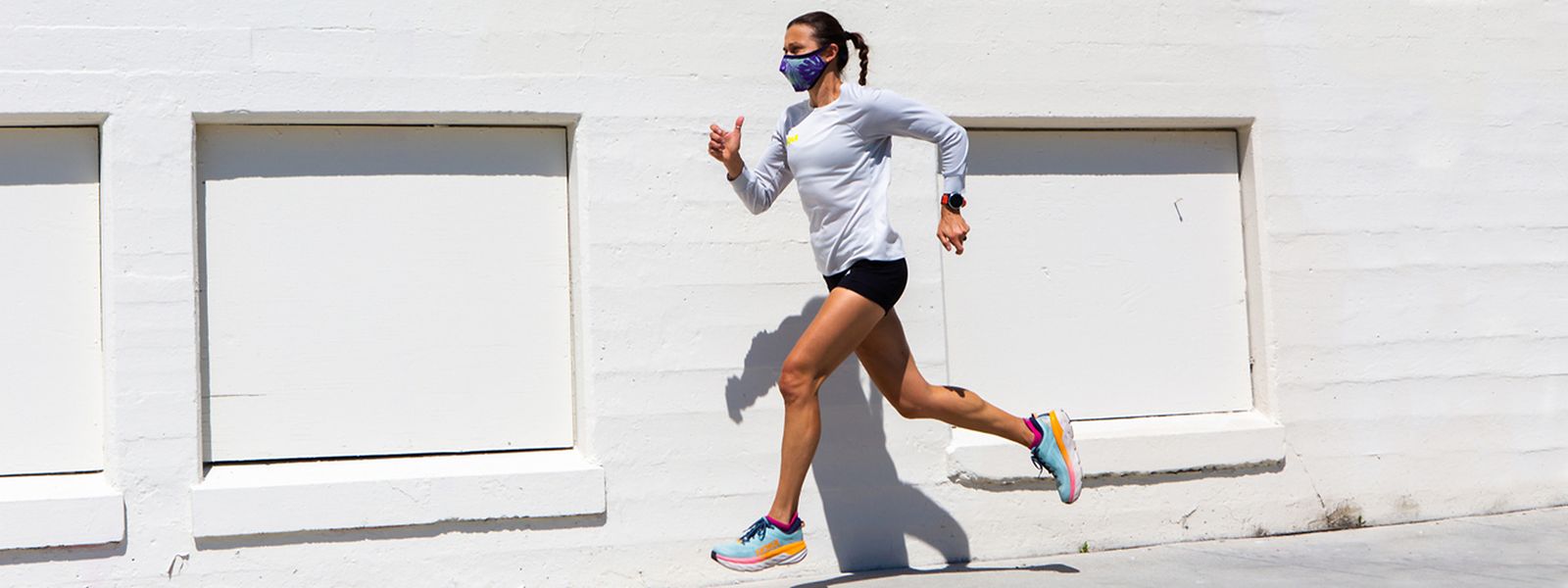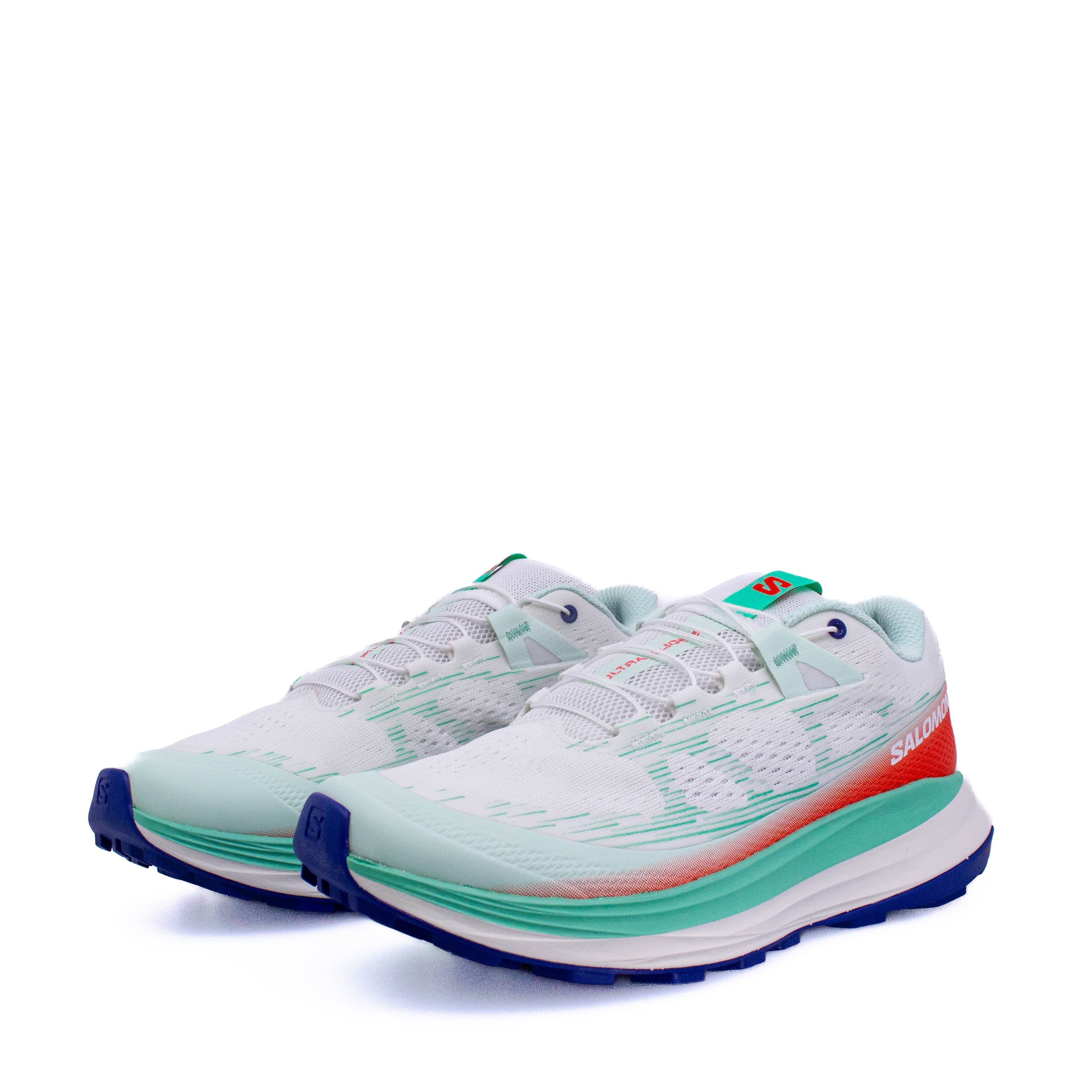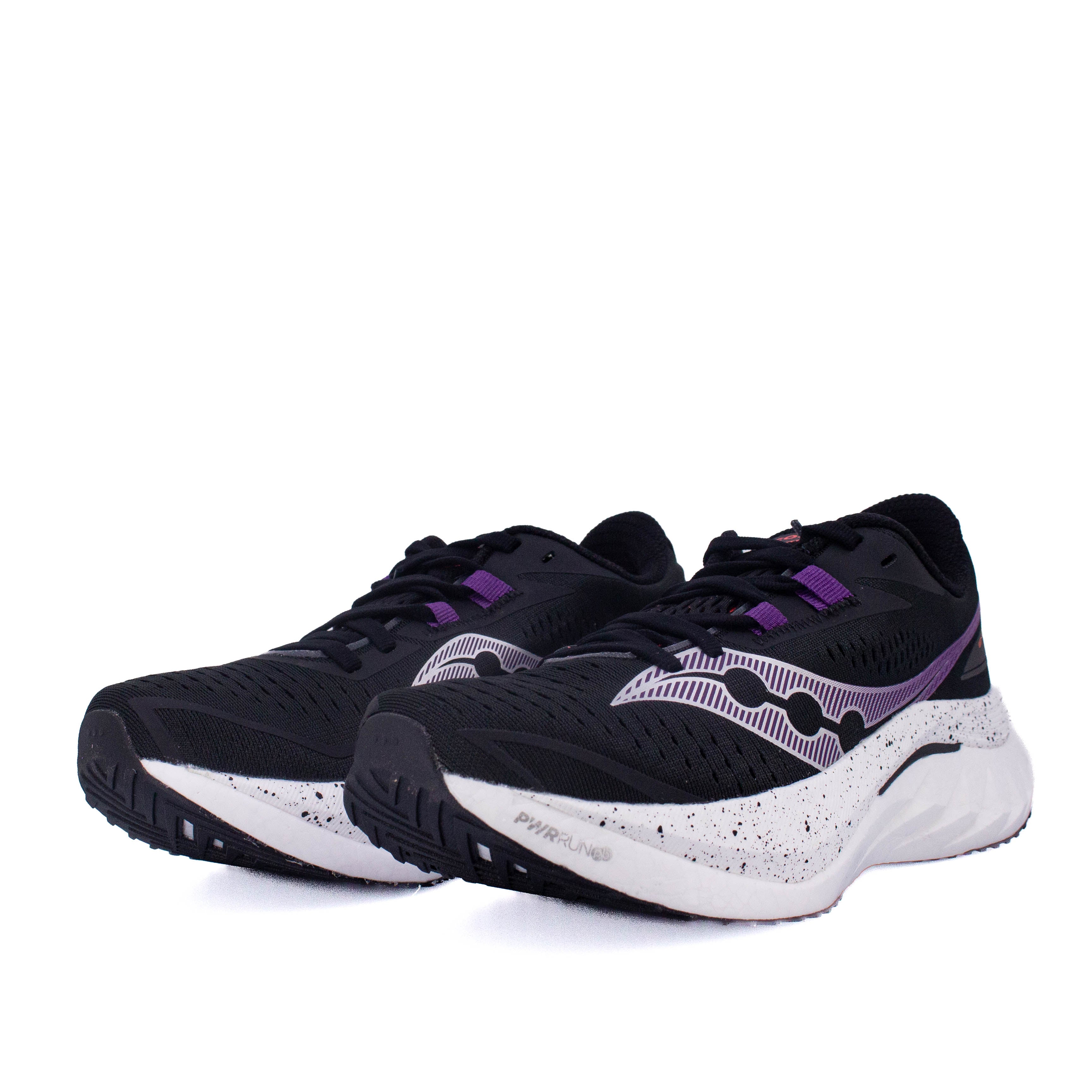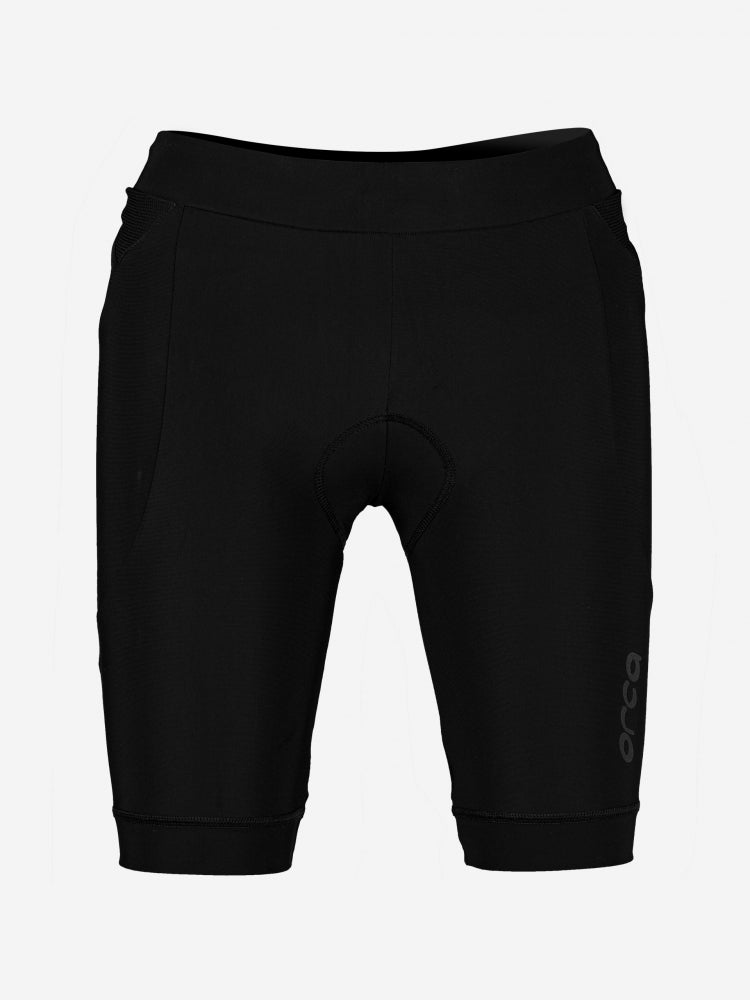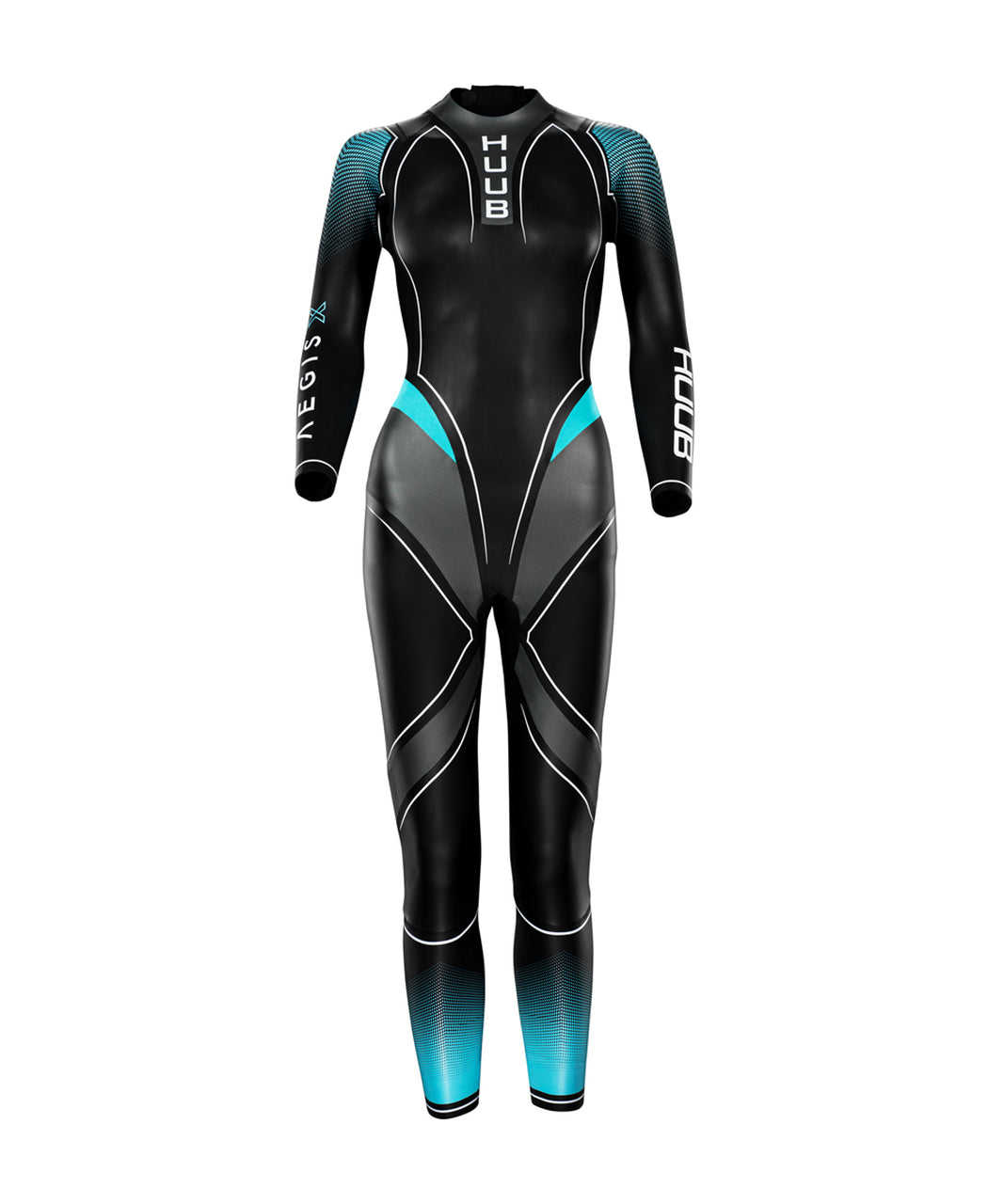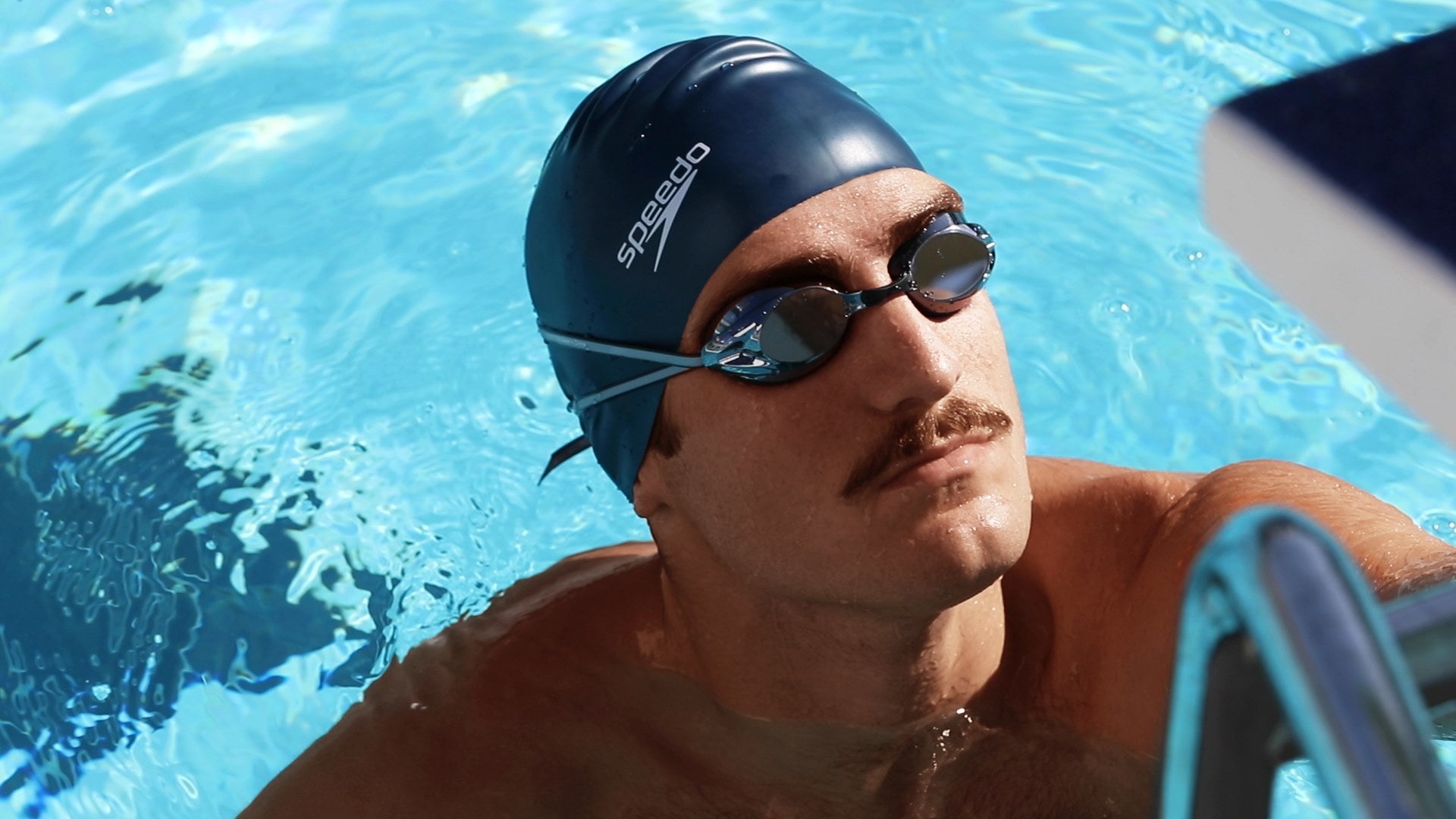Embracing Simple Running:
What I’ve learnt from a runner who won the Nobel Prize
When we start focusing on doing something new, we always ask something similar: "How long will it take for me to get good at this?" It's a tricky question to answer at any level, but beginners seem so eager to know. "How long until I can drive on the road?"; "How long until I can ski down from the top of the mountain?" As soon as an international student lands in NZ, he starts wondering, "When will I be able to talk like those Kiwis?" (Yes, it was me, but don’t judge.)
Interestingly, I've never heard anyone ask similar questions when they first start running, like "How long will it take me to learn how to run?" Everyone just assumes they already know how to run, and that running faster and further is just a matter of time. Running is seen by most people as the sport that requires the least upfront investment. Haruki Murakami, a Nobel Literature Prize winner, once said, "As long as you have a pair of decent running shoes and a passable road, you can run as much as you like whenever the mood strikes."
This quote is from Murakami's English masterpiece "What I Talk About When I Talk About Running." Compared to some modern best-selling running books, this 2007 publication doesn't delve into complex theories, nor does it boast about marathon events and achievements as some authors do. Murakami comes across as an ordinary runner you might know, using simple language and a common mindset to share his running experiences and feelings. The things he has gone through, thought about and realised while running might resonate with you. Yep, kind of a Japanese version of Oska.
If you underestimate Murakami's running abilities because of his down-to-earth style, you'd be making a big mistake. This literary legend has completed a 100-kilometre ultramarathon in Hokkaido and ran a total of 33 marathons from 1983 to 2013. This includes six Boston Marathons (yep, you didn’t read this wrong, six Boston Marathons) and three New York Marathons, with his PB 3:25.
Allow me to fill you in about the Boston Marathon, one of the most famous marathons in the world. With a history spanning over a hundred years, this race is often referred to as the "The Running World Cup”. Tens of thousands of people participate each year, creating a scene akin to a pilgrimage to Mecca. However, you can't just decide to run the Boston Marathon on a whim. Each age group has qualifying standards that get tougher every year. Without a respectable finish time, you can only dream of running it.
Running the Boston Marathon even once in a lifetime is considered a luxury, yet Murakami has completed it SIX times. For an amateur runner, that's quite a feat. Anyone who has seriously run a marathon knows that the training and preparation takes up a huge amount of your time and energy. While this little lad might be a genius in writing when it comes to running, he's just like most of us - an ordinary person with average fitness, squeezing in training time and making do with whatever conditions he has.
Therefore, Murakami's running philosophy is all about calmness and simplicity. He knows very well that he's not Eliud Kipchoge breaking the two, nor Josiah Hesse running a marathon to warm up for another marathon. When it comes to running, Murakami sees himself as an amateur enthusiast. He can be a master of words on the page while happy to be a running newbie. As he wrote in "Dance Dance Dance,": “Different strokes for different folks.”
To sum up "What I Talk About When I Talk About Running”, simplicity is the only word I can give to that book. I believe Haruki Murakami was the first to propose 'minimalism' in running. He once said, "Results, rankings, appearance, and what others say are all secondary to me. The most important thing is to cross that finish line with my own two feet." How simple it is: not about pace, time, or anyone else. It's just about moving your legs forward.
Running, these days, much like gym, yoga, and cycling, has gradually evolved into a form of fashion and lifestyle. We constantly purchase running gear, tirelessly collect running shoes like stamps, share photos and routes on social media, and strive to improve our pace and set new PBs. Our moods rise and fall with our performance. As our lifestyle becomes more sophisticated and our ego grows, running itself becomes less and less simple.
I've seen a photo of Haruki Murakami running. He was running alone on the street, shirtless, his hair tousled by the wind. He was wearing just a pair of black shorts and a pair of aged running shoes that you can't even identify the brand. I’ve also noticed his running form: both his arms are dangling and his body is slightly hunched over with his head down, which is far from ideal. Overall, it's not the kind of picture you would put on Frontrunner shop windows.
But somehow, I felt from that photo was the energy radiating from him. That energy perfectly captures the essence of running: no colourful running gears, no high-tech bands or watches, no cheering crowds or social media live streams. Just sweaty, tanned skin, legs moving forward. I was instantly shocked by that photo. I wanted to run just like that shirtless tiny guy. For the first time, I wanted to run for nothing but purely for a run.
With Murakami as my inspiration, I can now confidently say: that running should be simple and joyful. These two things aren't contradictory; it all depends on what you seek from running. Ask yourself: do you want to be a happy runner or just a runner?
If you just want to be a simple runner without grand goals or unwavering beliefs, then be like Murakami: "No matter what the whole world says, no matter what others think, I will never disrupt my own rhythm. I will gaze at myself while running…"So, become a running minimalist and forget about distance or pace, keep moving forward and accept the pain and struggle. Running reflects our life: pain and struggle are inevitable.


